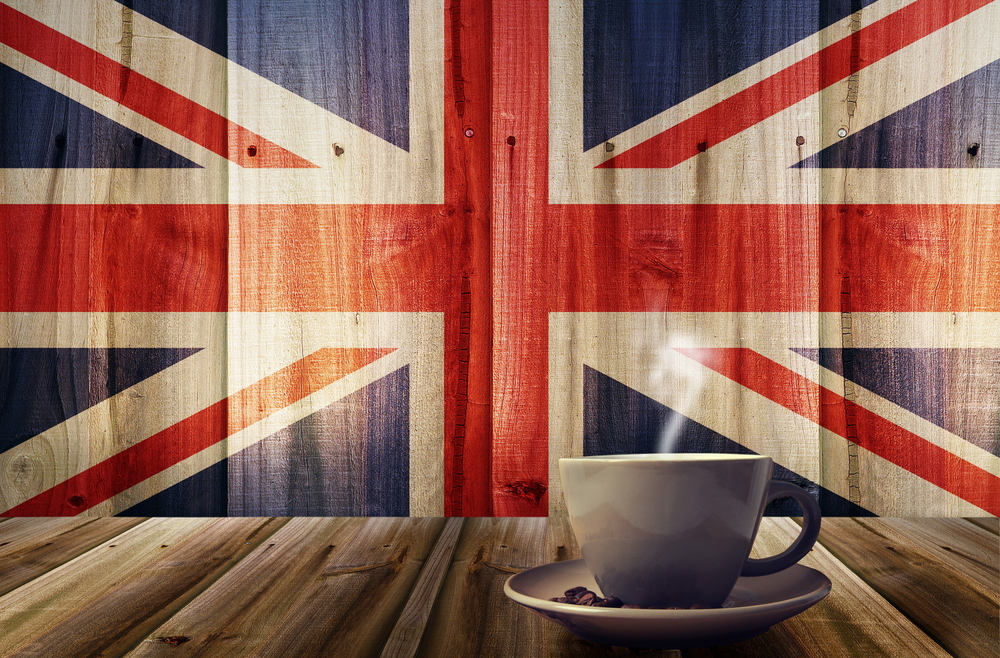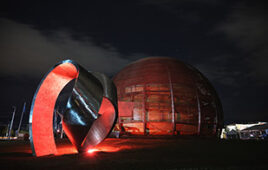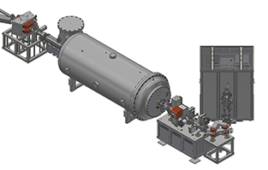
Londoners won’t be the only ones powered by coffee. Waste from one of the world’s most popular breakfast fuel might be used to fuel buses in the capital city.
Researchers have devised a method to use coffee grind waste to create a new generation of biofuels that could power a third of the city buses.
London-based company bio-bean has partnered with Shell and Argent Energy to create the new biofuels.
Bio-bean first blends coffee oil extracted from the grinds with other fats and oils that Argent then uses to create biodiesel by blending the oil with mineral diesel.
A spokesperson for Shell explained that coffee grinds can help power a significant amount of London buses.
According to the British Coffee Association, Londoners drink over 55 million cups of coffee per day.
One million cups of coffee results in 200,000 tons per year of coffee grind waste. The majority of the waste is stored in landfills where it emits methane into the atmosphere.
The new biodiesel could result in a 10-to-15 percent reduction in carbon dioxide emissions compared to traditional mineral diesel. What’s more, the buses don’t need to be modified.
“London produces enough waste coffee grounds to create a pure-blend B20 biofuel—made from coffee oil and mineral diesel–on a scale large enough to help fuel around a third of the London bus network,” the spokesperson said.
While the current focus is on London, bio-bean plans on eventually bringing their services to other parts of Europe and the U.S.




